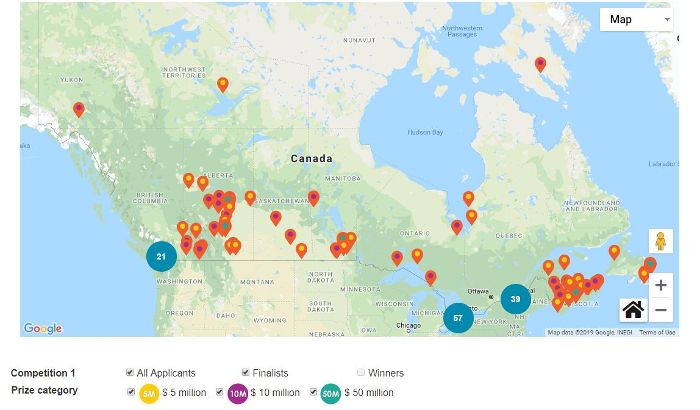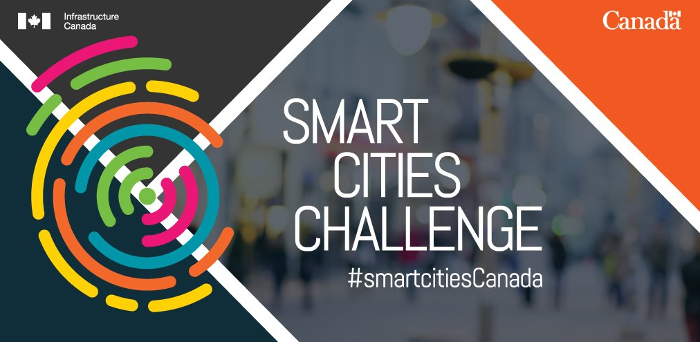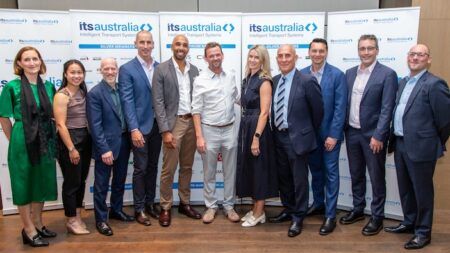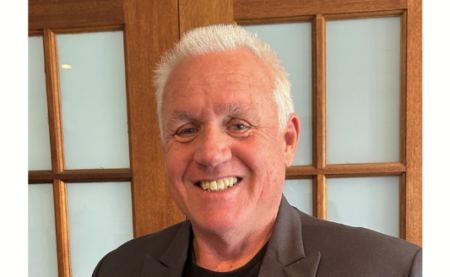The Government of Canada has announced the four winners of the country’s first ever Smart Cities Challenge, a pan-Canadian competition that encourages communities of all sizes to harness the potential of connected technology and data to improve the lives of citizens.
Launched in November 2017, the Canadian Government challenged communities across the country to develop bold and ambitious ideas to improve the lives of their residents using data and connected technology. Over 200 communities, large and small, urban and rural, from across the country submitted innovative ideas that have the potential to advance progress on issues such as improving economic opportunity for Canadians, imagining the future of transportation, and improving the health outcomes of citizens, among others. An independent panel of 13 jury members assessed and evaluated the 130 eligible submissions based on the criteria set out in the applicant guide.
In June last year, 20 finalists were selected to move on to the next step of the Challenge, where each received a C$250,000 (US$185,500) grant to develop their project proposals, which outlined the design, planning, privacy, data protection and project management components of their plans. The grant enabled each finalist to fund activities in support of the development of their proposal, including professional services, feasibility assessments, capacity building, pilot projects, community engagement and communications, and research. On March 5 this year, each finalist submitted a final proposal for consideration. The Smart Cities Challenge jury assessed and evaluated these final submissions and the four winners have now been announced by Canada’s Minister of Infrastructure and Communities, François-Philippe Champagne.

The winners will receive prizes worth a total of C$75m (US$55.6m), which will be used to implement their visions. The winners are:
- Town of Bridgewater, Nova Scotia – C$5m (US$3.7m) prize for its proposal to reduce energy poverty;
- Nunavut Communities, Nunavut territory – C$10m (US$7.4m) prize for its proposal to use a life promotion approach to suicide prevention;
- City of Guelph and Wellington County, Ontario – $10m prize for its proposal to create a Circular Food Economy;
- City of Montréal, Quebec – US$50m (US$37m) prize for its proposal to improve mobility and access to food. Technology will allow citizens efficient and sustainable transportation alternatives, thus reducing automobile usage. An improved public transportation network offering new and innovative forms of mobility, such as car sharing on-demand, autonomous vehicles, and bike sharing, will reinforce the access to local services, most notably to food supply.
The four winners will implement their smart cities approaches over the next five years, with Infrastructure Canada monitoring their progress so they can inspire communities across the country on their own smart citiy programs.

“Congratulations to finalists and winners of Canada’s first-ever Smart Cities Challenge. The work you have put into developing your proposals and to improving the lives of your residents is huge. You are all winners!” said Champagne at the presentation. “Your efforts will benefit your communities, and also communities across the country who may be facing similar challenges. You are shining examples of Canadian ingenuity and innovations at its best and I am immensely proud.”





